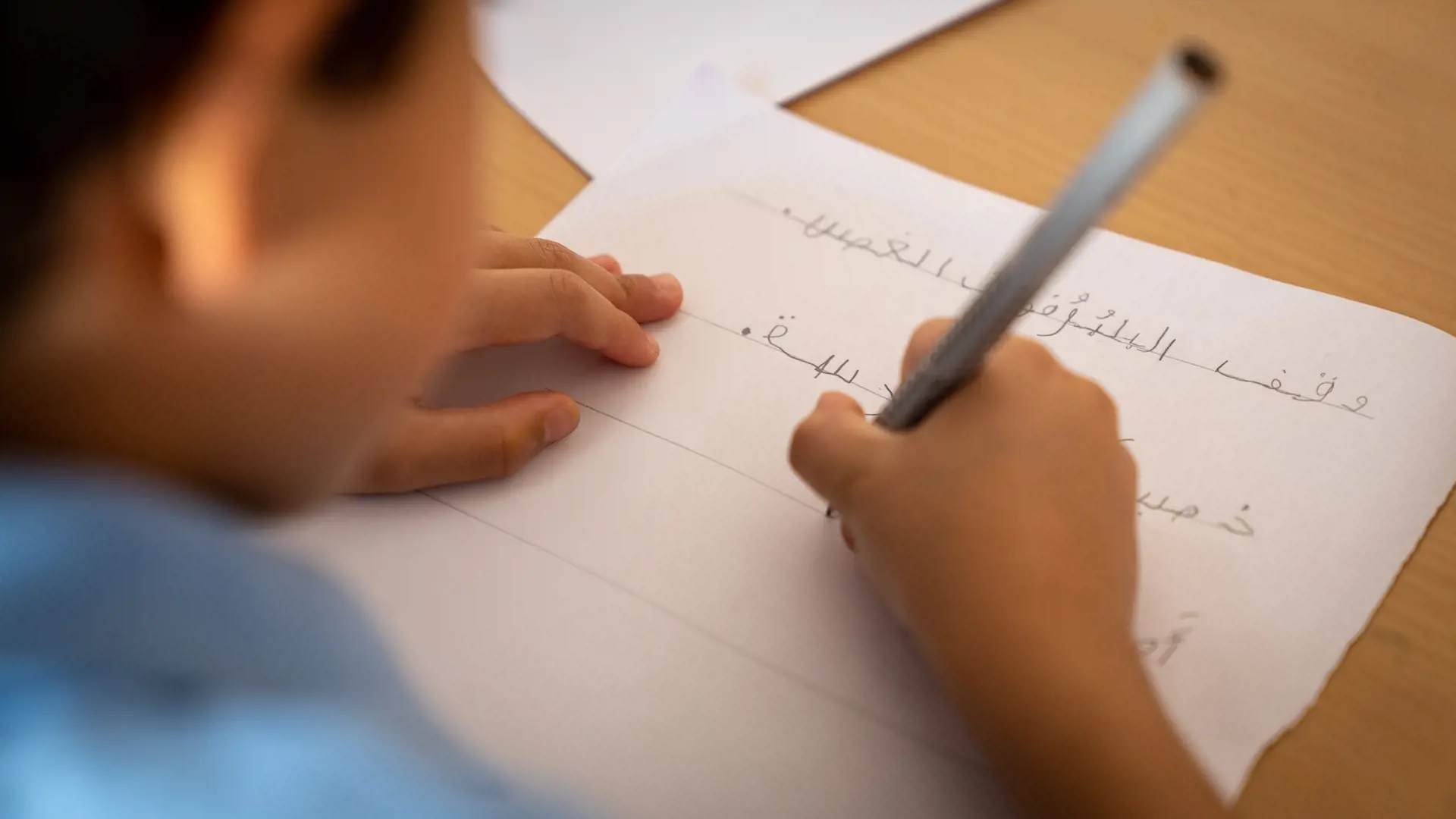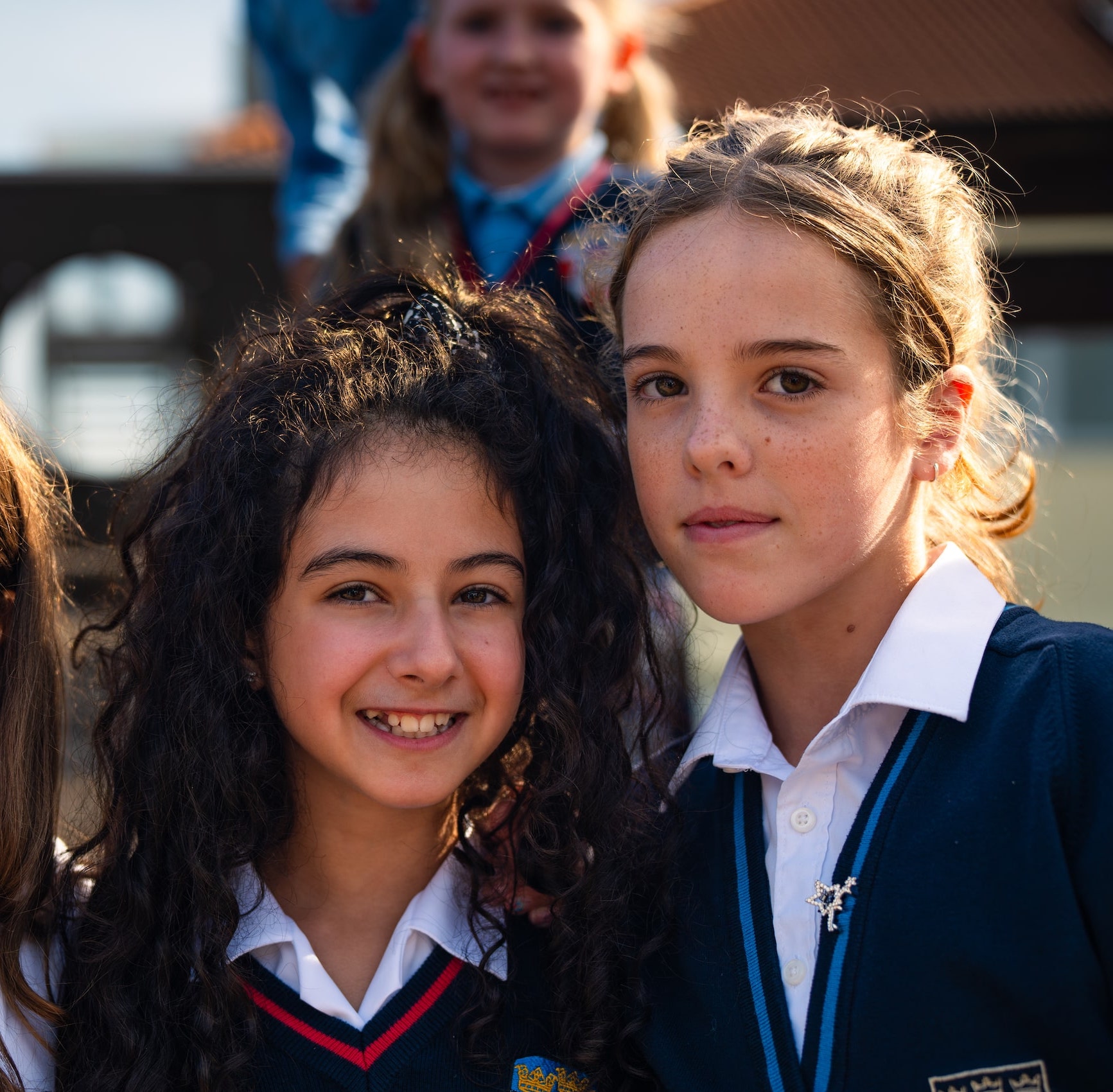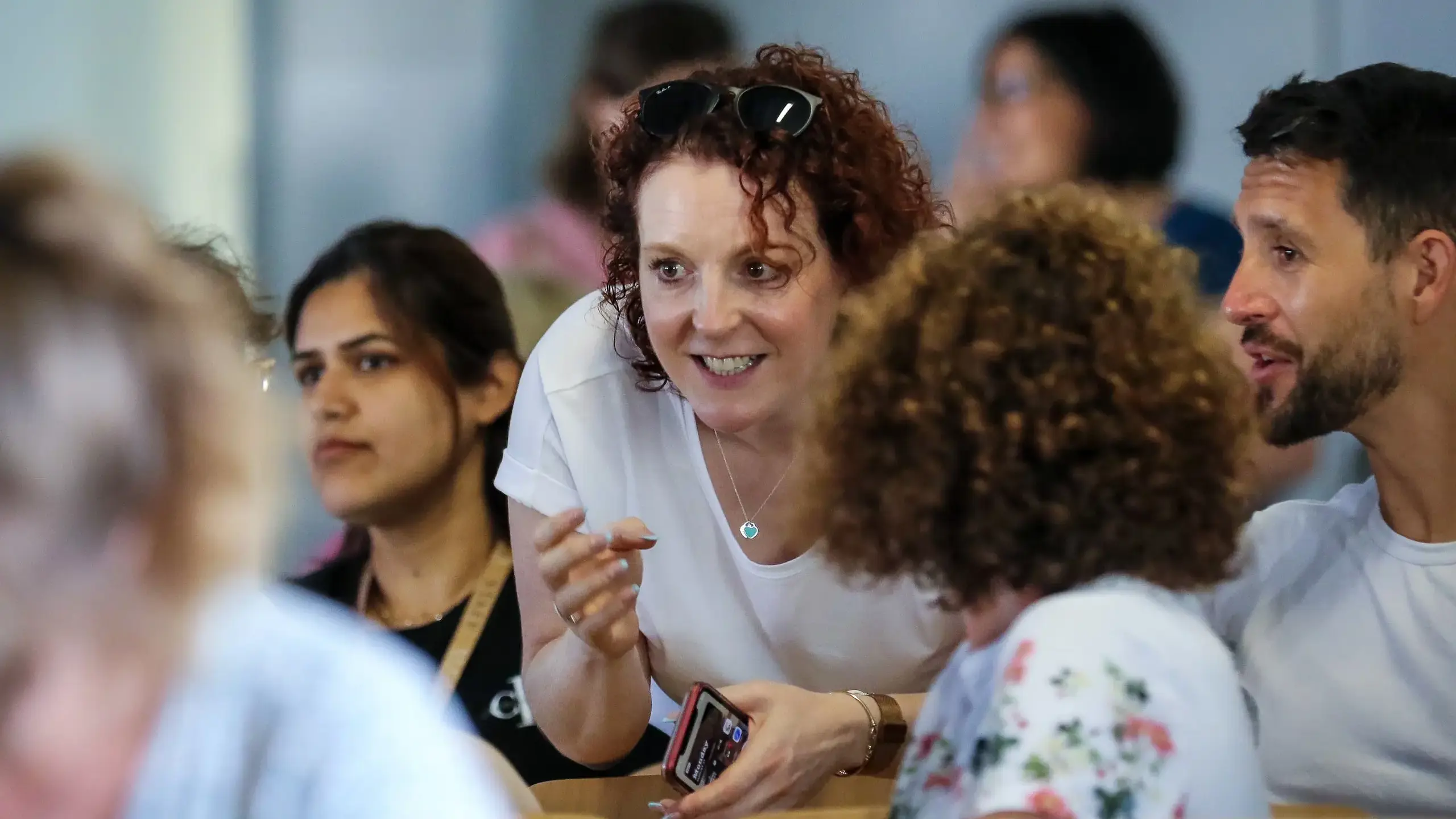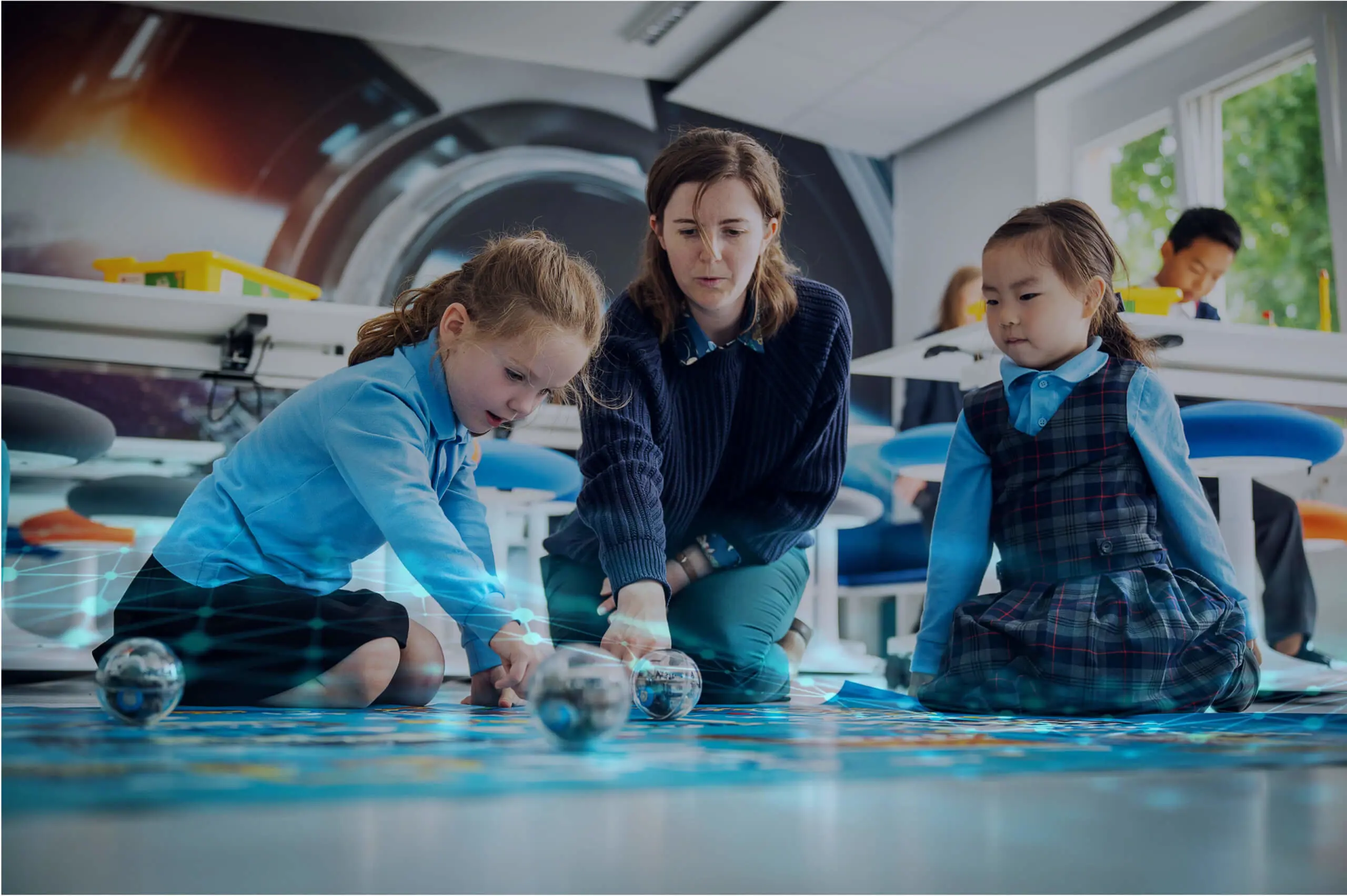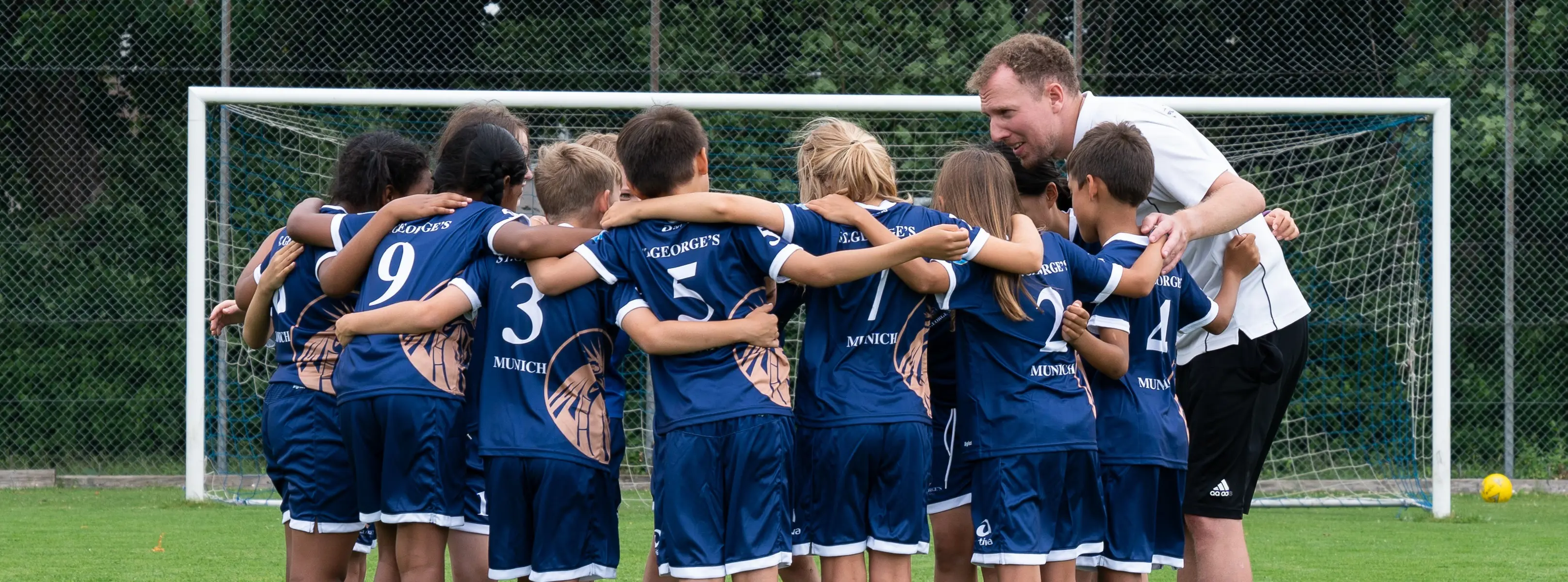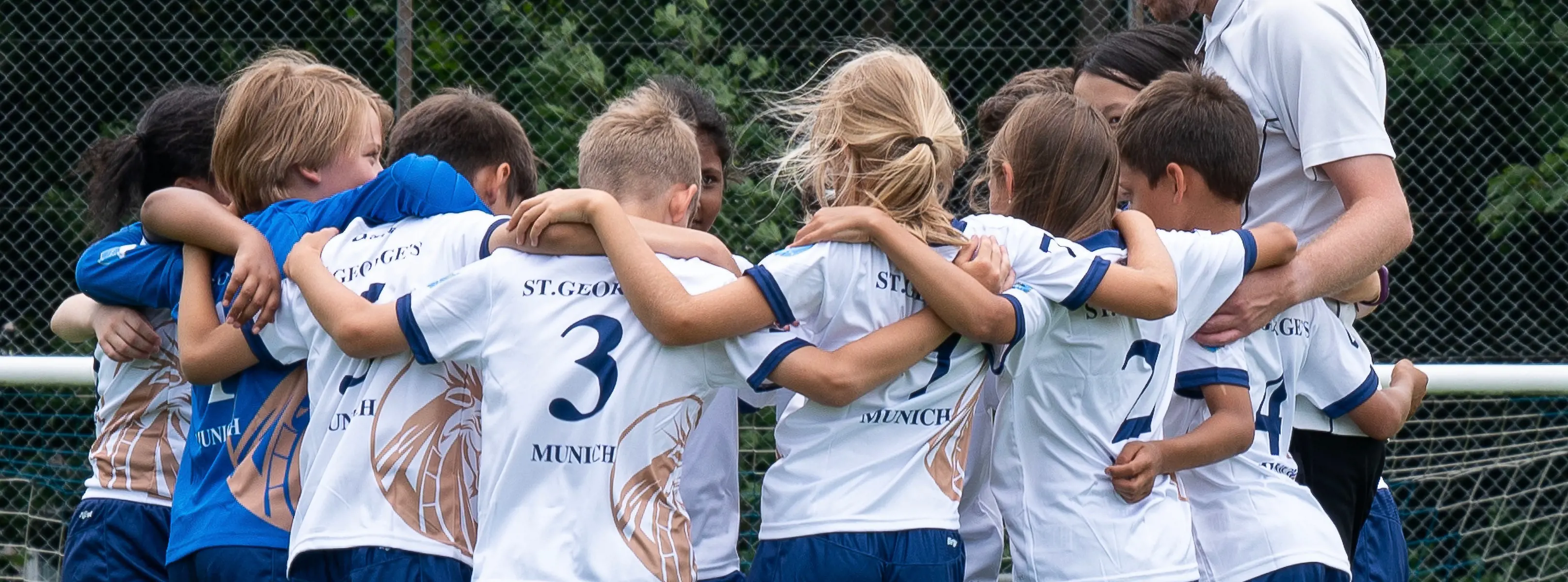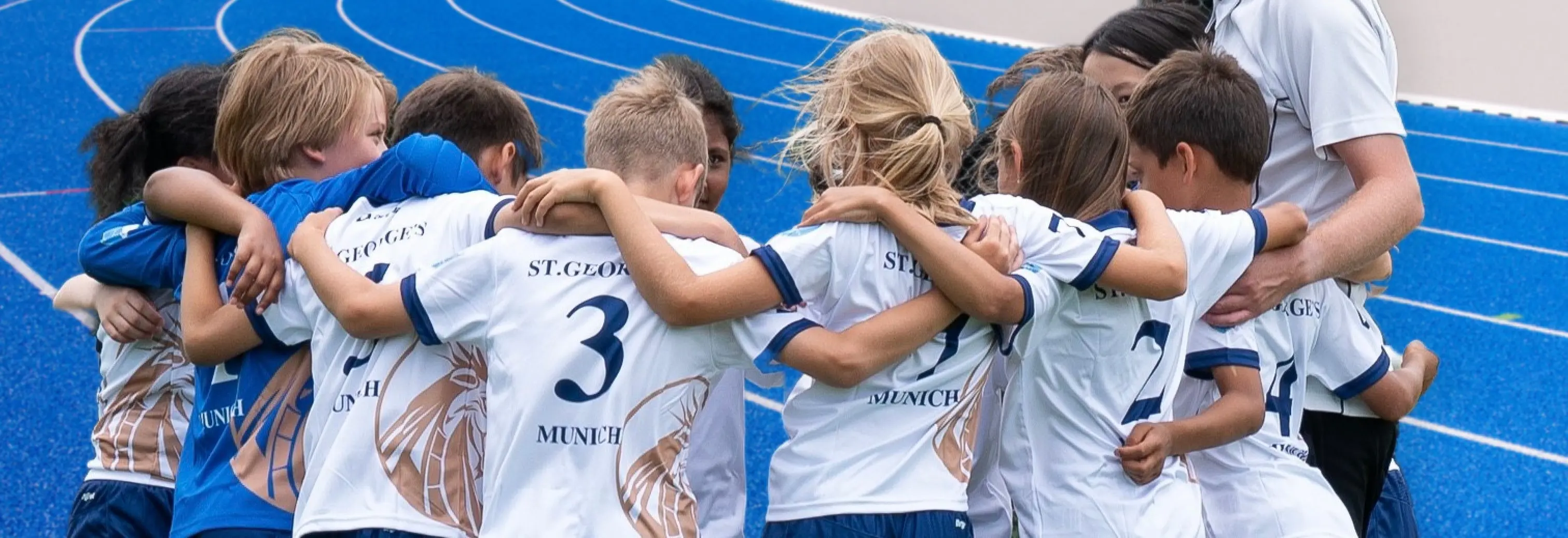Teaching lies at the heart of every school.
Author: Daniel Rosen | Author Title: Head of Secondary School SGSD | Publication Date: October 2023
Teaching is undeniably challenging, perhaps one of the toughest endeavors. Yet, it's also the most important aspect of any school.
While many voices offer opinions on how schools should operate and how lessons should unfold, what truly matters is what proves to be effective.
The best teaching practices often stem from a blend of experiential wisdom, passed down through generations of educators, along with insights gained from educational research and our understanding of child development, physiology, and neuroscience.
There is no one ‘right’ way of teaching. There are, however, certain pedagogical approaches that prove more successful than others. Their efficacy will depend on the subject matter and the age group of the students involved.
As the oft-quoted educational researcher Dylan William highlights, ‘everything works somewhere; nothing works everywhere’. And this neat quotation elegantly sums up the challenges facing teachers worldwide.
At St.George’s we take a proactive, and innovative approach to support our teachers’ professional development. Providing them with access to the latest research on optimal learning strategies enables us to harness their expertise effectively. By applying this knowledge, we can ensure our students fulfill their potential and are equipped to make meaningful contributions to society.
This ensures that parents, students, and staff can have full confidence that the education at St. George’s is truly globally relevant.
Teachers are responsible to continually enhance their skills and knowledge
Ongoing professional development is crucial for a significant number of graduate professions, and teaching is no exception. Most teachers across the world, and certainly all at St.George’s, have a teaching qualification. In general, teachers learn about philosophies of education as well as different pedagogical approaches, tailored to the age group and subject matter they'll be teaching.
Similar to how we wouldn't rely on medical practices from decades ago, at St.George’s we pride ourselves in striving to continuously improve our education methodologies. It therefore stands to reason that a teaching qualification cannot be enough – teachers need to learn and improve continuously throughout their careers.
Furthermore, the body of knowledge about teaching (and learning) has increased significantly in recent years. With the exponential growth of human knowledge, educators, much like students, now have unprecedented access to this wealth of information.
At St.George’s we value our staff and invest in them, providing them with world-class opportunities to develop professionally.
Bridging the gap between educational research and the classroom
Educational research is a wide field. It covers curriculum design, methodology, psychology, philosophy, class organisation, child development and much more. Translating academic research into classroom practice is often a one-way relationship – from research to practice when teachers study educational theories and apply them.
At St.George’s, however, we redefine this dynamic. Our approach transforms the traditional one-way street into a bustling intersection of ideas, where teachers actively engage in the research process. We foster a symbiotic relationship between theory and practice, inviting educators to contribute to and benefit from the ongoing dialogue of educational advancement.
“We are looking forward to continuing our culture of innovation and shaping the future of education”
researchED started as a grass-roots teacher-led movement in the UK, aiming at bridging the gap between educational research and practice in the classroom. The purpose of researchED conferences is to generate healthy professional dialogue across the education sector, enabling teachers to make informed decisions about what strategies will be most effective in their specific contexts.
These conferences showcase a diverse array of session formats:
- Some speakers will provide examples of how they have used educational or neuroscientific research to improve their own teaching practice, allowing other educators to utilise the same information to benefit their students. An example would be how to use retrieval practice to help students remember information.
- Other presentations look to dispel education-myths - ideas that people believe to be true, that despite being false, could potentially be detrimental to student learning. Learning styles is one such myth, thoroughly debunked by countless studies, and yet still very prevalent in the education world, especially in the international sector. It may sound excellent to non-experts, but it can cause students to learn less effectively.
- Some sessions stimulate debate about challenging topics, not providing answers necessarily, but utilising what we do know to provide opportunities for teachers to engage with big picture questions about education and how it might affect them and their students.
Whatever the researchED session, teachers are provided not just with the latest education theories, but also with evidence-backed strategies that have proven to be effective in practice.
Bringing innovation to the classroom
Our teachers actively participate in the researchED conferences we host, as auditors and as speakers. Exchanging with researchers in education allows us to tweak, refine, develop and enhance our teaching provision across our schools.
Incorporating Live Marking into our practice enables our staff to give immediate, personalised feedback to students whilst they complete an extended task. Not only does it help students improve, but it also prevents poor habits and misconceptions developing.
Similarly, there is extensive research about the benefits of retrieval practice, not just in terms of enhancing students’ retention, but also in mitigating the adverse effects of stress. Effective questioning has been shown to support students connecting with prior knowledge and causing them to engage deeply with novel ideas, enabling better understanding and meaning making. By utilising our knowledge of how students learn, we can create environments that optimise outcomes for them.
One additional illustration of St.George’s innovative and forward-thinking approach is our embrace of coaching. Coaching manifests in diverse forms, encompassing both facilitative and instructional methodologies. Over recent years, St.George’s has embarked on a journey to train as many staff as possible to be coaches. This enables us to lead and manage staff and students more effectively, helping people to achieve their goals in a sustainable way. Now we are training students and parents to be coaches, helping the entire community take advantage of this approach.
At researchED, coaching has been highlighted as an effective method of facilitating change, demonstrating not only that St.George’s is using some of the most effective methodologies, but also that we are at the forefront of evolving practices within our community.
Indeed, the impact of our involvement with researchED extends far beyond what we can cover in a single article. The ultimate aim is to incorporate research into our daily practice in order to deliver the most impactful learning experiences to children. It is safe to say that researchED has pushed our staff to strive for improvement each and every day.
Making the researchED conferences we host accessible to teachers in the local area underlines our commitment to the wider community.
Purpose in the present and relevance for the future
In the educational journey at St.George’s, embracing evidence-informed practice isn't just a decision; it's a steadfast commitment to delivering the highest quality education for our students.
Understanding the most effective methods to facilitate learning ensures that we are providing the necessary support for our students to realise their full potential. We don't adopt approaches simply because they sound appealing; we implement strategies that have been proven to yield results. As the teaching profession continues to uncover what effective teaching entails, St.George’s is positioned to capitalise on this knowledge, adapting our practices to meet the evolving needs of our students. We are fostering a culture where teachers are driven by ambition for our students' achievements and are dedicated to doing everything possible to support them in reaching their goals. Teaching stands at the core of our school's mission, and our teachers' utilisation of proven pedagogical methods remains central to their practice, both now and well into the future.

